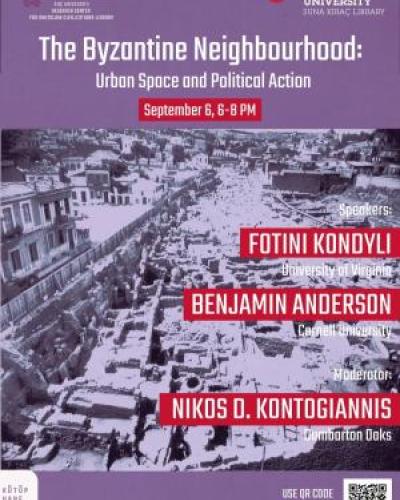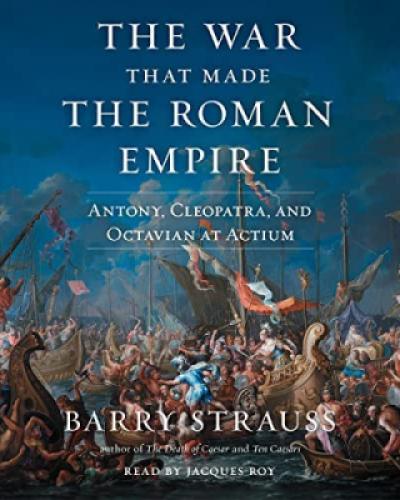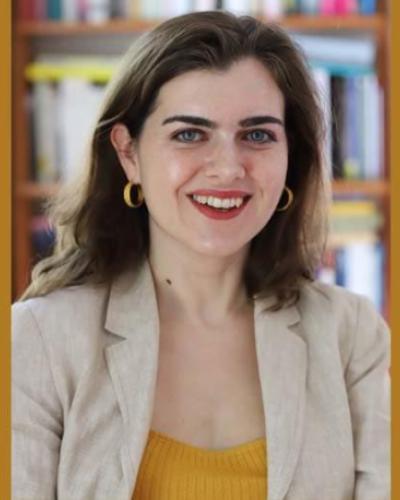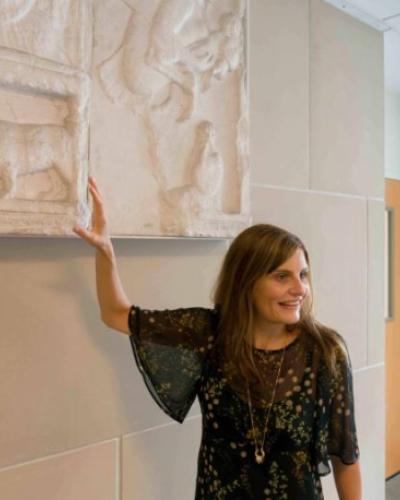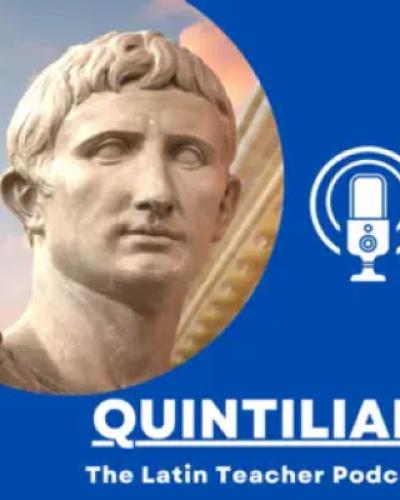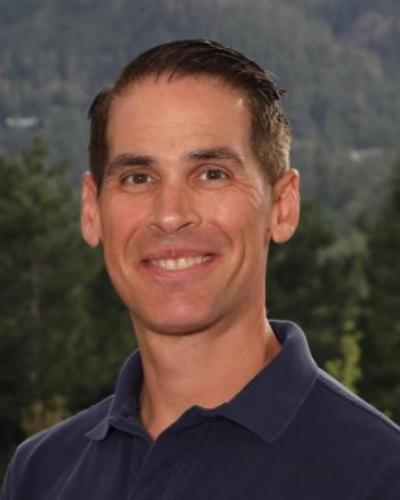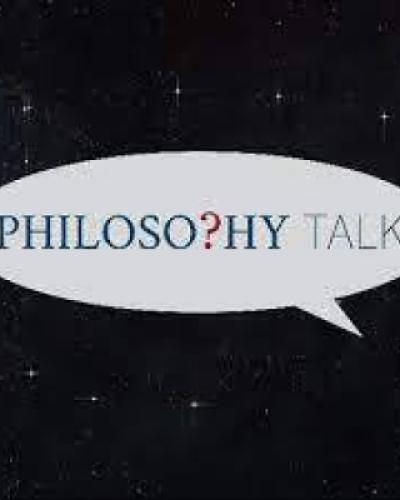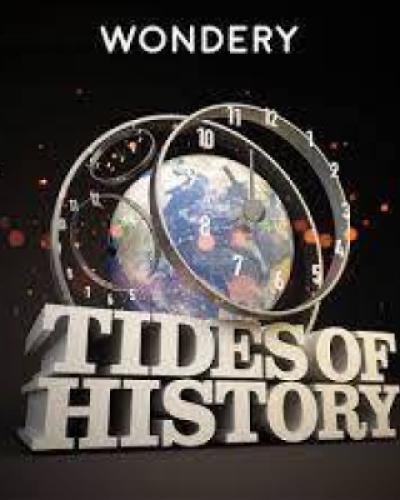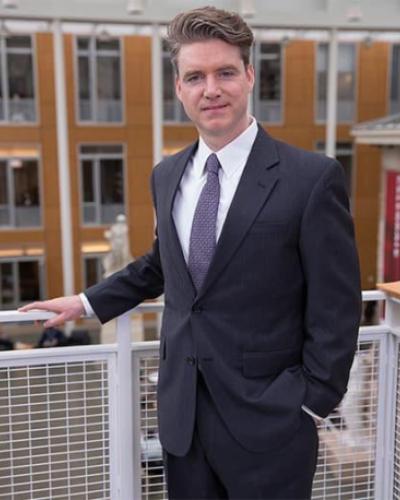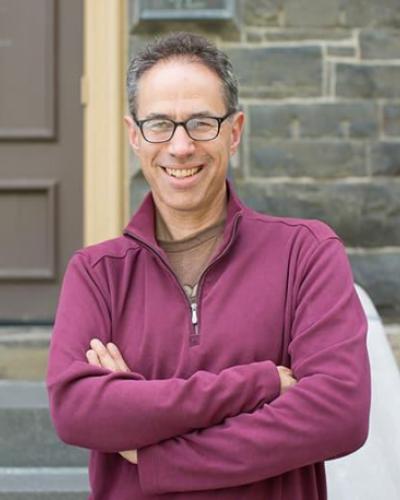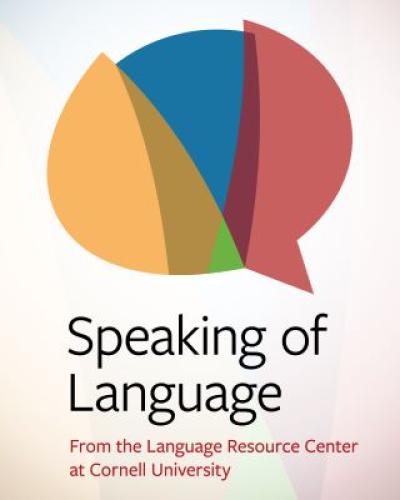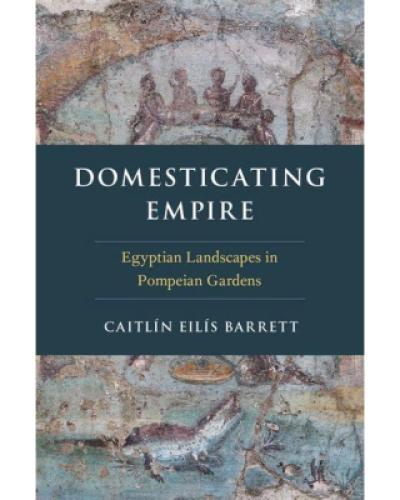Ongoing Series
RadioCIAMS
From the Cornell Institute of Archaeology and Material Studies (CIAMS). Many of our graduate students and faculty have contributed to RadioCIAMS, including the series "SAPIENS Talk Back: Changing Archaeology's Stories and Who Tells Them."
ANTIQUITAS: Leaders and Legends of the Ancient World
"ANTIQUITAS: Leaders and Legends of the Ancient World, tells the stories of the deeds, crimes, miseries, and glories of the great men and women of Greece and Rome (and beyond). Your host is bestselling historian Barry Strauss." (Source)
Episodes Featuring Cornell Classics Faculty
Active Learning in the Humanities with Todd Clary, Stephen Sansom, and Carolyn Aslan
"I see a lot of scholarly work on active learning in the STEM fields, but much less about active learning in the humanities. So when I read an article about active learning in a large-enrollment Greek myths course at Cornell University, I wanted to learn more.
In this episode, I talk with the authors of that paper: Todd Clary, senior lecturer in classics at Cornell University; Stephen Sansom, assistant professor of classics at Florida State University; and Carolyn Aslan, senior associate director at the Center for Teaching Innovation at Cornell. All three were involved in redesigning Cornell’s Greek myths course as part of Cornell’s Active Learning Initiative.
The interview digs into active learning in this course, especially the use of classroom response systems, as well as pre-class assignments, revised assessments, and more." (Source)
The Byzantine Neighborhood - ANAMED Library
"ANAMED Library Talks, continued with Fotini Kondyli, Benjamin Anderson, and Nikos D. Kontogiannis on Tuesday September 6, 2022. In this talk, the editors of the book entitled The Byzantine Neighbourhood: Urban Space and Political Action, Fotini Kondyli and Benjamin Anderson offered an overview of the volume and contributor Nikos Kontogiannis was the moderator. The talk was held online and in English." (Source)
Love, Betrayal, and the Battle for Rome - HISTORY This Week
"September 2, 31 BCE – Two camps prepare for battle off the coast of Greece. On one side is Octavian, Julius Caesar’s heir apparent. On the other, Marc Antony and his lover, the Egyptian queen Cleopatra. This battle won’t just determine the leader of Rome, but the fate of global civilization. How did Cleopatra wind up in the middle of a Roman game of tug of war? And how did the Battle of Actium change our world forever?" (Source)
Dr. Stephen Sansom - Ancient Office Hours
"Dr. Stephen Sansom, a Classics postdoc at Cornell University, joins Lexie to discuss whether post baccalaureates are helpful to getting into grad school, talk about how studying poetry can make you cool, and explore how the field of "Classics" might benefit from a name change." (Source)
Barry Strauss on The War That Made the Roman Empire - Hoover Book Club
"Watch a discussion between Barry Strauss, the Corliss Page Dean Visiting Fellow, Hoover Institution, and Victor Davis." (Source)
Dr. Caitlin Barrett - Ancient Office Hours
"Dr. Caitlín Barrett, an archaeologist and professor of Classics at Cornell University, joins Lexie to discuss how deciding to study Hellenistic Egypt didn’t force her to choose between Greece and Egypt, defining the household in ancient times, how we compare ancient religions, and what new historical HBO series she’d like to create." (Source)
The Colosseum Becomes a Wonder - HISTORY This Week
"July 7, 2007. In a dramatic ceremony featuring pop stars, fireworks, and smoke canons, the Colosseum is named one of the seven new wonders of the world. It’s an appropriately over-the-top blowout for an arena which, centuries before, was home to its own lavish events. How did spectacles once unfold on the floor of this ancient arena? And how did the Romans use games to entertain people, and to control them?" (Source)
Dr. Verity Platt - Ancient Office Hours
"Dr. Verity Platt, a professor of Classics and History of Art at Cornell University, joins Lexie to chat about growing up in north England close to Hadrian’s Wall, her struggles and thought process for getting into academia, her interest in visual art and ekphrasis, and about professors having to play life advisor/therapist/parent for students." (Source)
A Republic Lost at Sea - Dan Carlin's Hardcore History
"Professor Barry Strauss and Dan talk about Cleopatra, Mark Antony, Julius Caesar, Augustus Caesar and a host of historical luminaries in a tale worthy of Shakespeare as the Roman Republic goes down with the ships at Actium." (Source)
Daniel Gallagher - Quintillian: The Latin Teacher Podcast
"Daniel Gallagher holds degrees from the University of Michigan, the Catholic University of America, and the Pontifical Gregorian University. For ten years, he worked in the Vatican as a Latin language specialist, serving first Pope Benedict XVI and then Pope Francis. Since 2017, he has taught in the Department of Classics at Cornell University, where he currently holds the title of Professor of the Practice. Daniel has published extensively in the field of medieval philosophy, and he also translated the popular 'Diary of a Wimpy Kid' into Latin, a book entitled 'Commentarii de Inepto Puero.'" (Source)
Dr. Michael Fontaine - Ancient Office Hours
"Dr. Michael Fontaine, a professor of Classics at Cornell University, joins Lexie to discuss how professors can be great mentors and friends, appreciating wine from ancient to modern times, exploring humour techniques from Cicero to modern roasting culture, and the transcendence of humour across time and cultures." (Source)
Marcus Aurelius - Philosophy Talk
"Marcus Aurelius was a 2nd century Roman emperor and Stoic philosopher. He is most famous for his Meditations, which was written as a private guide to himself on how to live a life where virtue is the only good and vice the only evil. So how do we figure out how to live a truly Stoic life? What’s the relationship between the wellbeing of an individual and the interest of the larger community? And what can we learn from Marcus about developing mental resilience when confronted with fear, suffering, or pain? Josh and Ray stay calm with Rachana Kamtekar from Cornell University, author of Plato's Moral Psychology: Intellectualism, the Divided Soul, and the Desire for Good." (Source)
When Did Things Happen in the Ancient World? Interview with Professor Sturt Manning - Tides of History
"We can’t understand the past without understanding when things happened, because if we can’t place them in some sort of chronological order, we can’t understand the relationship between them. But how do we know when things happened in the distant past? Professor Sturt Manning of Cornell University is an expert on chronology, using tree-rings, radiocarbon, and historical sources to date events and archaeological sites from many thousands of years ago." (Source)
Latin Alive! - The Academic Minute
"Daniel Gallagher...makes the case that Latin is alive and well...Having served as Latin Secretary to Popes Benedict XVI and Francis at the Vatican, he dedicates himself to passing on the language in a “living” way that involves speaking, listening, and writing to enhance reading fluency. He has offered a wide range of tutorials and workshops at high schools and colleges throughout the United States and abroad and is the translator of Jeff Kinney’s Diary of a Wimpy Kid into Latin (Commentarii de Inepto Puero)." (Source)
All That is Wicked: A Criminal Mind
Michael Weiss was interviewed for a podcast about the linguist Edward Rulloff, famous local murderer. "The climax of Edward Rulloff’s tale—would he escape the noose once again? Would his brilliant brain make history, as he suspected it would? Yes. But not for the reasons he had hoped. Edward would become the avatar for the 'criminal mind.'" (Source)
In Vino Veritas: Bringing Latin to Life - Speaking of Language
"Daniel Gallagher, from Cornell’s Classics department, reflects on his decade of experience living and working as a Latin secretary in the Vatican, and shares the many benefits of learning to speak and converse in a language some may consider 'dead.' #sapientia" (Source)
Domesticating Empire - New Books Network
"Domesticating Empire: Egyptian Landscapes in Pompeian Gardens (Oxford University Press, 2019) is the first contextually-oriented monograph on Egyptian imagery in Roman households. Caitlín Eilís Barrett, Associate Professor of Classics at Cornell University, draws on case studies from Flavian Pompeii to investigate the close association between representations of Egypt and a particular type of Roman household space: the domestic garden. Through paintings and mosaics portraying the Nile, canals that turned the garden itself into a miniature "Nilescape," and statuary depicting Egyptian themes, many gardens in Pompeii offered ancient visitors evocations of a Roman vision of Egypt. Simultaneously faraway and familiar, these imagined landscapes made the unfathomable breadth of empire compatible with the familiarity of home. In contrast to older interpretations that connect Roman "Aegyptiaca" to the worship of Egyptian gods or the problematic concept of "Egyptomania," a contextual analysis of these garden assemblages suggests new possibilities for meaning. In Pompeian houses, Egyptian and Egyptian-looking objects and images interacted with their settings to construct complex entanglements of "foreign" and "familiar," "self" and "other." Representations of Egyptian landscapes in domestic gardens enabled individuals to present themselves as sophisticated citizens of empire. Yet at the same time, household material culture also exerted an agency of its own: domesticizing, familiarizing, and "Romanizing" once-foreign images and objects. That which was once imagined as alien and potentially dangerous was now part of the domus itself, increasingly incorporated into cultural constructions of what it meant to be "Roman." Featuring brilliant illustrations in both color and black and white, Domesticating Empire reveals the importance of material culture in transforming household space into a microcosm of empire." (Source)


